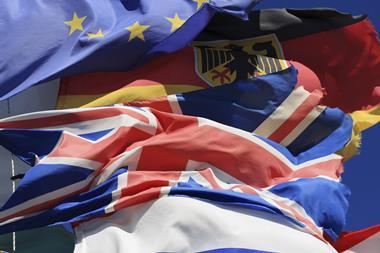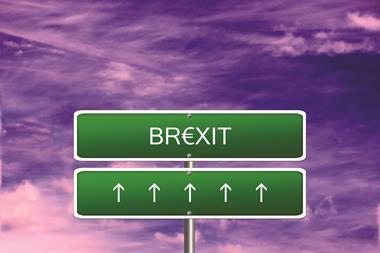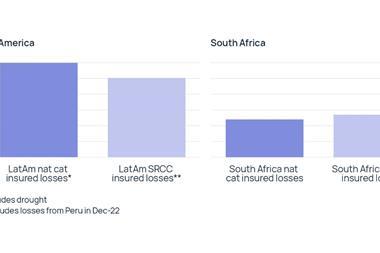People need an impartial body to lay out the EU’s pros and cons ahead of the EU referendum. They can’t rely on those shooting from the hip and pushing their own agenda

Whether they’re for or against membership of the European Union, politicians, economists and other interested parties are providing UK headline-writers with big, ballsy statements about the negative consequences of one referendum result or the other.
Both sides of the debate have taken to the media with scaremongering rhetoric in a bid to influence the UK electorate – and I question the validity of what can be read as crisis statements. Pro-EU campaigners in particular have been publicly criticised for using scare tactics, certainly where economic growth and trade are concerned.
Economists who back the ‘remain’ campaign, for instance, have suggested a drastic decline in GDP – figures that appear similar to that of the 2008 financial downturn. Yes, there will undoubtedly be economic consequences and currency fluctuations if we exit, but this is likely to be a short-term problem while Britain settles into a new world.
Those most passionately opposed to a Brexit claim that a withdrawal will harm the country’s access to EU markets or that the UK will need to set up new agreements with every single EU country.
The most likely outcome, however, is new trade agreements with the European Union.
The fact of the matter is that if the British public votes to withdraw, it does not mean that the UK will be closed for business. Reports will have you believe that Britain will retreat into a box and hide. But it will remain a trading entity – it has always been and always will be a trading entity.
A Brexit just means that the country will enter a new dynamic. And yes, there will be hiccups along the way, but ‘remain’ campaigners are preying on a fear of change.
Funnily enough, I’m a Europhile and I do not want Britain to leave Europe. But my point is that people should not be afraid of what might happen.
The biggest risk of the EU referendum is that the vote has been handed to the British public without clear, honest and unbiased information about either outcome. So lots and lots of people will vote with their gut and their emotions –and this is not the best way to make one of the biggest decisions of our generation.
The for-and-against debate needs clarity. The British public need an independent body to present the ins and the outs, the pros and cons.
This information cannot come from the Boris Johnsons and David Camerons of this world who are shooting from the hip and pushing their own political agenda.
Turning to risk management, businesses do need to prepare now for a Brexit. What I will be doing on behalf of the Royal British Legion is hosting a workshop to reach out to my directorates.
The question we will address is, how will a Brexit affect us?
I will be using a pestle agronomic to create a grid that details the external and internal risks under six categories: political, economic, societal, technological, legal and environmental.
For instance, what will be the internal and external effects of the political situation? What will be the internal and external effects of the economic situation? This will help us build a grid of issues that might arise under those headings.
Now is the time for risk managers to step up, and we cannot do that if we are afraid of change.
By Elaine Heyworth, interim head of risk and insurance at the Royal British Legion




















No comments yet